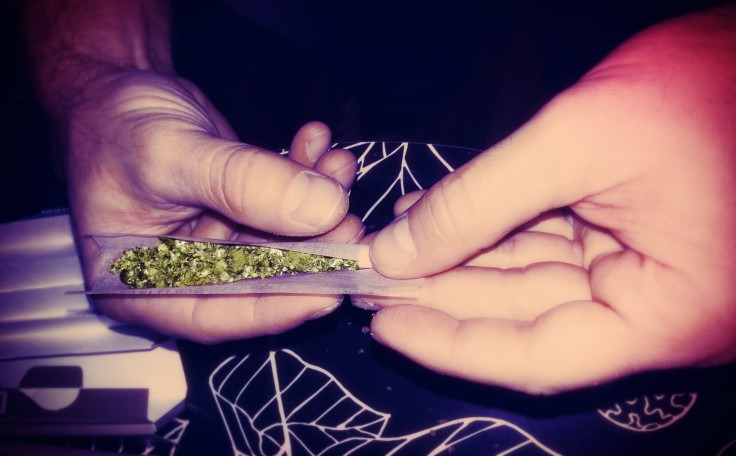Is Marijuana Addiction Real? Study Finds Habitual Pot Smokers Show Signs Of Dependence And Withdrawal

Is marijuana addictive? According to Dr. John Kelly, a psychiatrist from Massachusetts General Hospital and lead author of a recent study on the issue, “Absolutely, no doubt about it.” For a certain percentage of the population, at least. However, before you pass off this study as yet another piece of anti-weed propaganda, you should understand the criteria for addiction and decide for yourself whether some people's marijuana habits fit it.
In the study, lead author Kelly and his team followed 127 teenagers aged 14 to 19 who were being treated at an outpatient substance abuse clinic. Of these teens, 90 identified marijuana to be the primary substance they abused, and of this 90, a further 84 percent met the criteria for dependence. According to HealthDay, this criteria ranged from increased tolerance and use of the drug to unsuccessful attempts to reduce or stop use. However, what is most intriguing about this study is two-fifths of teenage participants experienced withdrawal symptoms when abstaining from marijuana, one of the biggest signs of addiction.
In a phone interview with Medical Daily, Kelly explained how the teenagers in his study exhibited withdrawal symptoms such as irritability, anxiety, problems sleeping, and cravings. “The withdrawal symptoms are similar to sedative withdrawal. You’ll see more hyperactivity, restlessness, and sleep problems,” Kelly said.
The Diagnostic and Statistical Manual of Mental Disorders, fifth edition, known more commonly as the DSM-5, lists 11 different criteria for substance use disorder, ranging from continuing use even when it causes problems in relationships to the substance interfering with your work, school, or home activities. Meeting two or more of these classifies an individual as suffering from substance abuse disorder. According to Kelly, the majority of the 90 marijuana users in his study met these criteria.
From a scientific perspective, it seems that marijuana abuse clearly falls within the addiction categorization. However, recognizing this is solely up to the user. Kelly believes this recognition may be in all of our best interest. The study found that teens who recognized and accepted that they had a substance abuse problem tied to marijuana were able to cut this dependency more easily than those who did not. “People who recognized a problem with one substance were more likely to abstain than others,” Kelly added, highlighting an additional benefit.
Similar to alcohol comsumption, not all who use marijuana are in danger of becoming addicted. Kelly estimated that about eight to 10 percent of the population may be at risk of marijuana addiction. This is similar to the 8.5 percent of Americans who meet the standard for alcohol use disorder, compared with the 65 percent of Americans who drink.
Ignoring or denying marijuana’s link to addiction, however, isn’t likely to make it any less real. “This study highlights the fact that not only is addiction real, but there are individuals suffering from withdrawal symptoms,” Kelly said. It's something he described as a direct effect of damage to the brain and central nervous system. “Clinicians and the public deserve to know this,” he said.
The authors believe their findings can be used to help those who need it the most and develop new treatments for individuals with marijuana abuse problems.
Source: Kelly JF, Green M, Claire MPH. The Prevalence of Cannabis Withdrawal and Its Influence on Adolescents' Treatment Response and Outcomes: A 12-Month Prospective Investigation. Journal of Addiction Medicine. 2014.



























